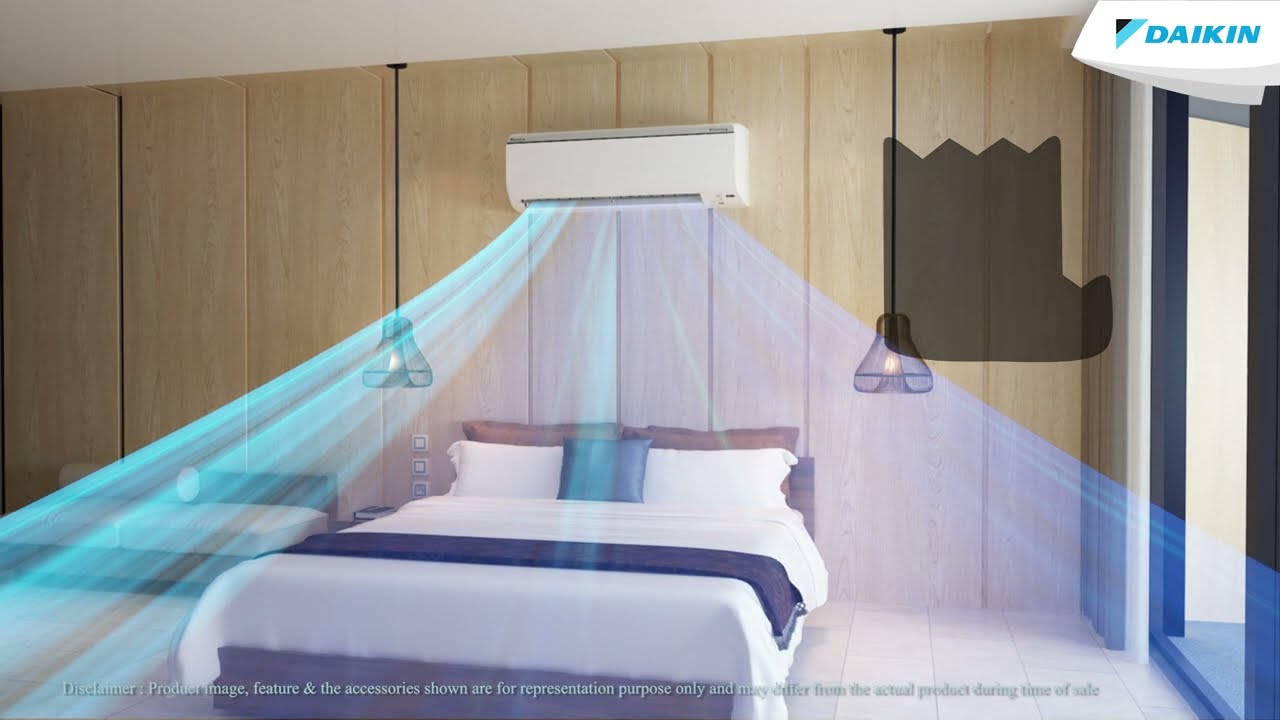
When it comes to keeping an indoor space self-regulated and comfortable, air conditioners have come a long way since just blowing cold air. Inverter technology, one of the most innovative features in this category, is an intelligent solution for cooling your space more easily and accurately. But what is it about inverter ACs that makes them intelligent, and how do they actually respond to room temperature?
Let’s break it down.
What Is an Inverter AC?
An inverter air conditioner is a system that constantly regulates the room temperature by adjusting the compressor's speed rather than turning it on and off at intervals. It’s a big improvement from traditional AC units that generally operate in bursts to cool a room, then shut off, only to kick back on after the temperature increases. But a stop-start cycle is not only loud but also energy-hungry.
Inverter ACs, however, are able to sense the current room temperature and change their compressor speed dynamically. This way, when you reach your temperature of choice, the device keeps it there delicately, with no drastic ups and downs.
How Smart Cooling Works
But the true magic here is the inverter AC’s ability to adjust. The smart sensors and microprocessors built into these systems continuously monitor the thermal situation in the room. At the point of switch-on, the air conditioner works at maximum speed to quickly cool the room. When the room gets close to the desired temperature, the inverter system automatically slows down the compressor, but it doesn’t turn off. This has the effect of reducing changes in the climate.
This flexibility also results in fewer energy spikes, more consistent performance, and, best of all, constant comfort. You won’t get hot one second and cold the next. Rather, the shift is so subtle you may not even realize it’s operating — that’s how polished the cooling experience is.
Why It Matters in Daily Life
Picture yourself entering your house on a steamy day. With a traditional AC, you’d turn it on and suffer while it rages into action. In an inverter model, the cooling works up quickly, and then flattens out, to deliver a quiet and even temperature. At night, the thing is particularly useful — sleep is serene, with no sudden drafts of fresh cold air or annoying restarts.
Not only does it enhance comfort, it also lengthens the working life of the equipment. Because the compressor is not cycling on and off continuously, there is less wear and tear. Plus, energy use decreases markedly with time.
The Role of Brands and Market Selections
With the increasing demand for energy-saving products among consumers, inverter-based ACs are increasingly in demand across the world. Brands such as Daikin have been at the forefront of developing this technology, with units that not only adapt intelligently but are also being joined by smart controls for ultimate customization.
In areas where the weather matters greatly, such as in the hot parts of East Africa, people might be tempted to look for mighty appliances, such as an 18000 BTU inverter split AC. These are perfect for medium to large rooms, and consumers compare models in terms of features and dependability, not only the 18000 BTU AC price, but also how well it adjusts to changing conditions indoors.
‘Inverter’ Becoming The New Normal: Why People Are Changing Models
There is an obvious move toward more intelligent, responsive cooling. Many consumers today want to know more than whether you have the lowest 18000 BTU inverter split AC price in Kenya? After all, it usually makes up for the investment in the long run, not to mention the comfort.
That said, price is still at play. The 18000 BTU AC price is compared with the noise level, the energy ratings, and the cooling speed, as customers weigh the options before deciding to buy. Lucky for us, the increased popularity has helped drive down costs, making this smart technology more affordable for more homes.
Conclusion
Inverter ACs are not a fad but a smarter, more effective way to cool your spaces. They provide quieter, steadier performance, and they don’t rely on the room temperature or require someone to walk by to work in “real time.” If you want to future-proof your home or office's climate system, choosing an inverter AC unit is a step toward smart living.

